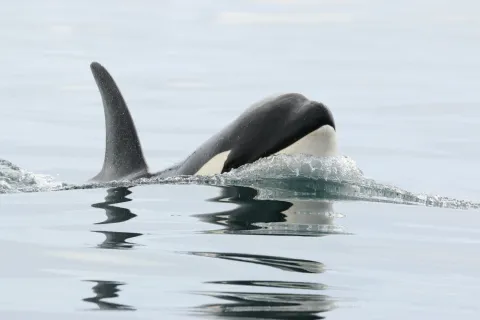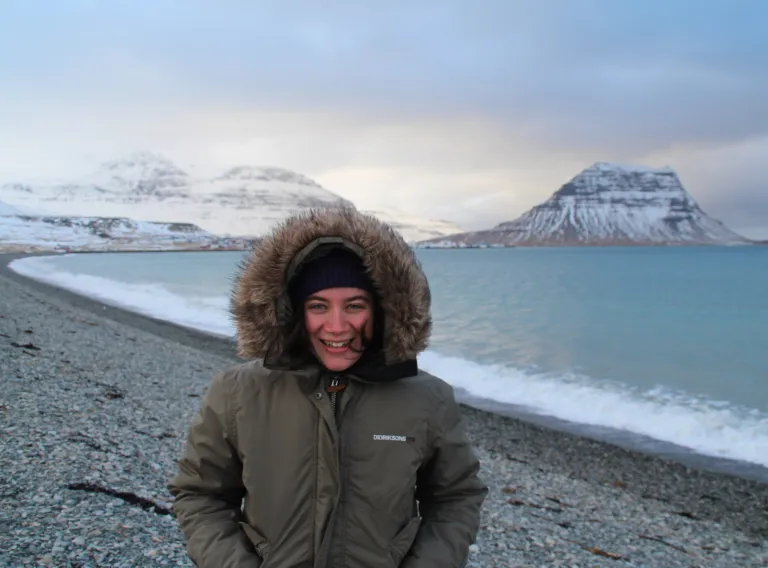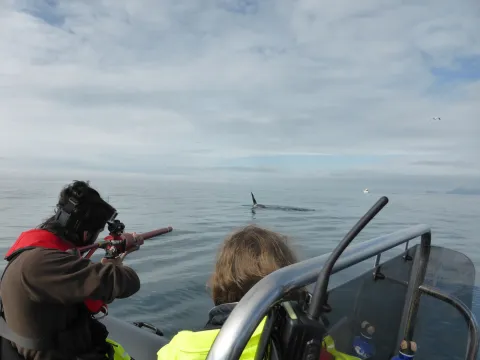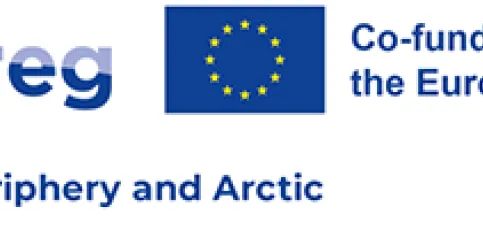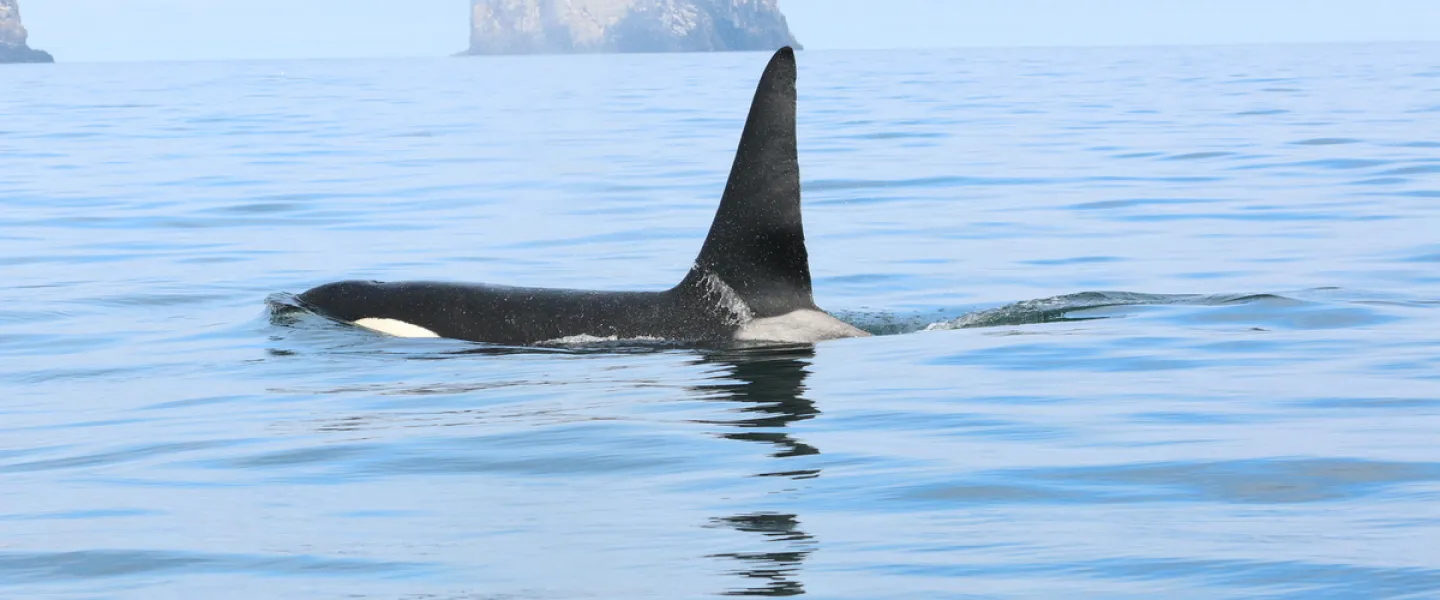
Killer whales that feed on marine mammals tend to accumulate more harmful chemicals than those that feed exclusively on fish. The quantities are so high that they could be a threat to the animals' health. This is the result of a new international study including research scientists from the University of Iceland that was just published in the science journal Environmental Science and Technology.
The aim of the study was to investigates the levels of environmental contaminants POPspersistent organic pollutants) and, in particular, PCBs (polychlorinated biphenyl), in Icelandic killer whales. These are pollutants resulting from human activities released into the environment. From there they enter animal tissue via food. Because POPs biomagnify within food webs, that is, they amplify as you go up the food chain, top predators like killer whales can accumulate particularly high levels of these contaminants. These contaminants can affect the immune and reproductive systems in marine mammals, thus affecting killer whale population growth.
The study was led by research scientists at McGill University (Canada) who analysed the samples to quantify the pollutants, and includes collaborators at Carleton University (Canada), Aarhus University (Denmark), the Marine Research Institute in Iceland and the University of Iceland's Research Centres in the Westman Islands directed by Filipa Samarra.
